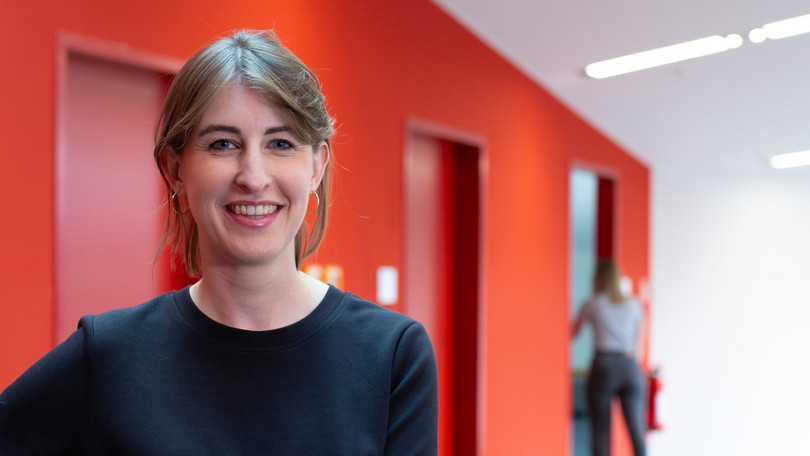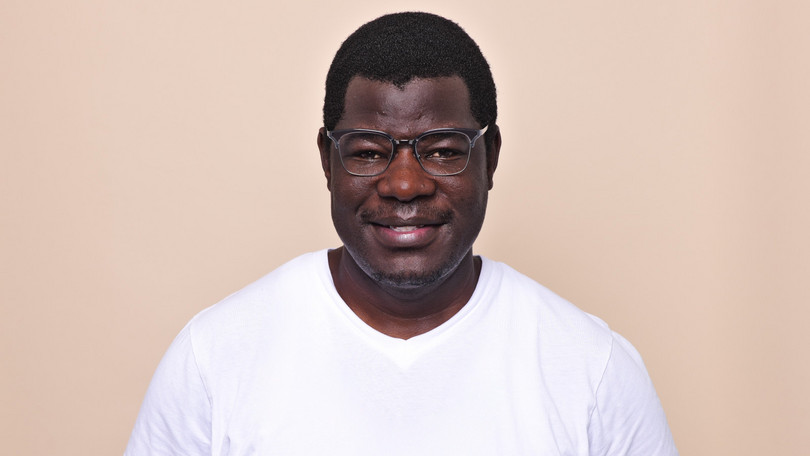Testimonials
Leuphana Graduate School empowers its doctoral researchers to seek answers to life’s most challenging questions. We carry out this mission by creating spaces for interdisciplinary interaction. Read their stories and become part of the Research Group Social Pedagogy in Diverse Societies!
Anna Bobe
13th September 2024 Anna Bobe conducts research on teaching in vocational training in social pedagogy. Learn more about her project and how the Leuphana doctoral research group supports her.
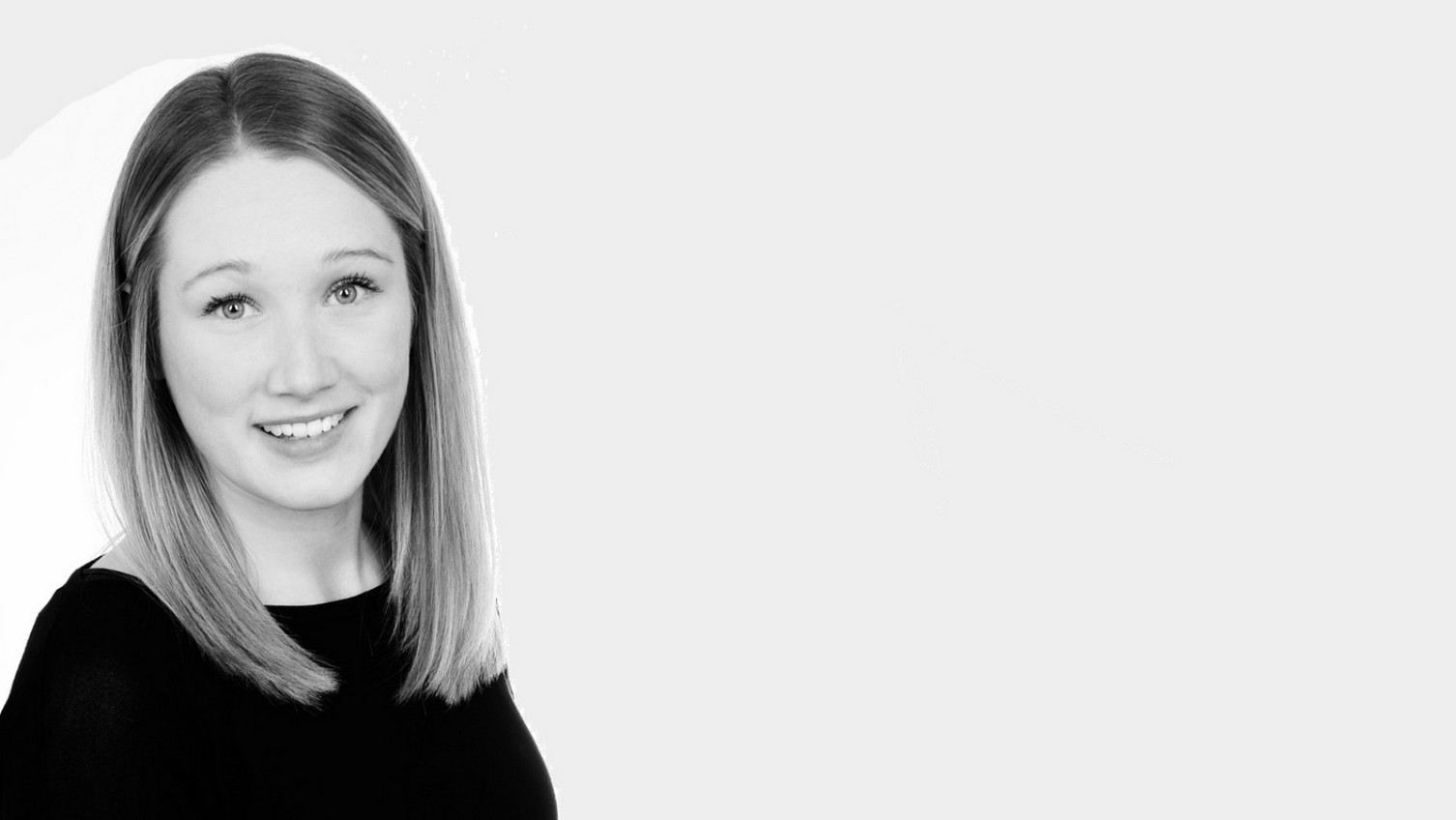 ©Bobe
©Bobe
You are researching teaching in vocational training in social pedagogy. What exactly do we not understand and why do you want to change this?
Early childhood education is an important first foundation for further educational pathways. Teachers of social pedagogy vocational education specialists who work in child daycare centres, among other places. However, in order to enable the highest possible degree of professionalisation in this area, we still know far too little about how teaching should be designed in order to learn social pedagogical action. Although didactic approaches have existed since the 1980s, there is still a lack of empirical research on how teachers actually teach and what they orientate themselves towards (didactically and methodologically).
How do you conduct your research?
In my view, teaching is a highly routinised (everyday) action by teachers. This makes it difficult to explain to others how and why they acted in this way. Therefore, I observed lessons in a participatory manner in order to be able to ask questions about the (observed) actions on this basis. At the same time, I was able to mirror my own observations to the teachers and, in addition to their own statements, observe how these were reflected in their actions or whether there were deviations.
How would you describe the part of the Leuphana Doctoral Research Group for your dissertation project?
Through the events at the programme, especially the reflection and interpretation workshop and the colloquia, I was able to take my first steps in academia and (learn to) present myself and my topic. The interdisciplinarity enabled me to look at my project from other perspectives, to find new ways or solutions to challenges or to reinforce my previous approach. For me as a research assistant at the university, the doctoral research group also opens up a contact space with external doctoral candidates and scholarship holders. This exchange is very beneficial for everyone.
What advice can you give to people who want to pursue a doctorate?
Of course, there is a lot of pressure, if only because of the professional framework and funding. From my perspective, it is nevertheless important to give yourself time to develop and find your own path in order to maintain the joy of research. At the same time, networking, self-organisation and creative breaks are key.
Laura Wenzel
13th September 2024 Laura Wenzel finished her PhD on refugee family research this summer. Read how she managed the challenges of a doctorate and balancing academia and family life.
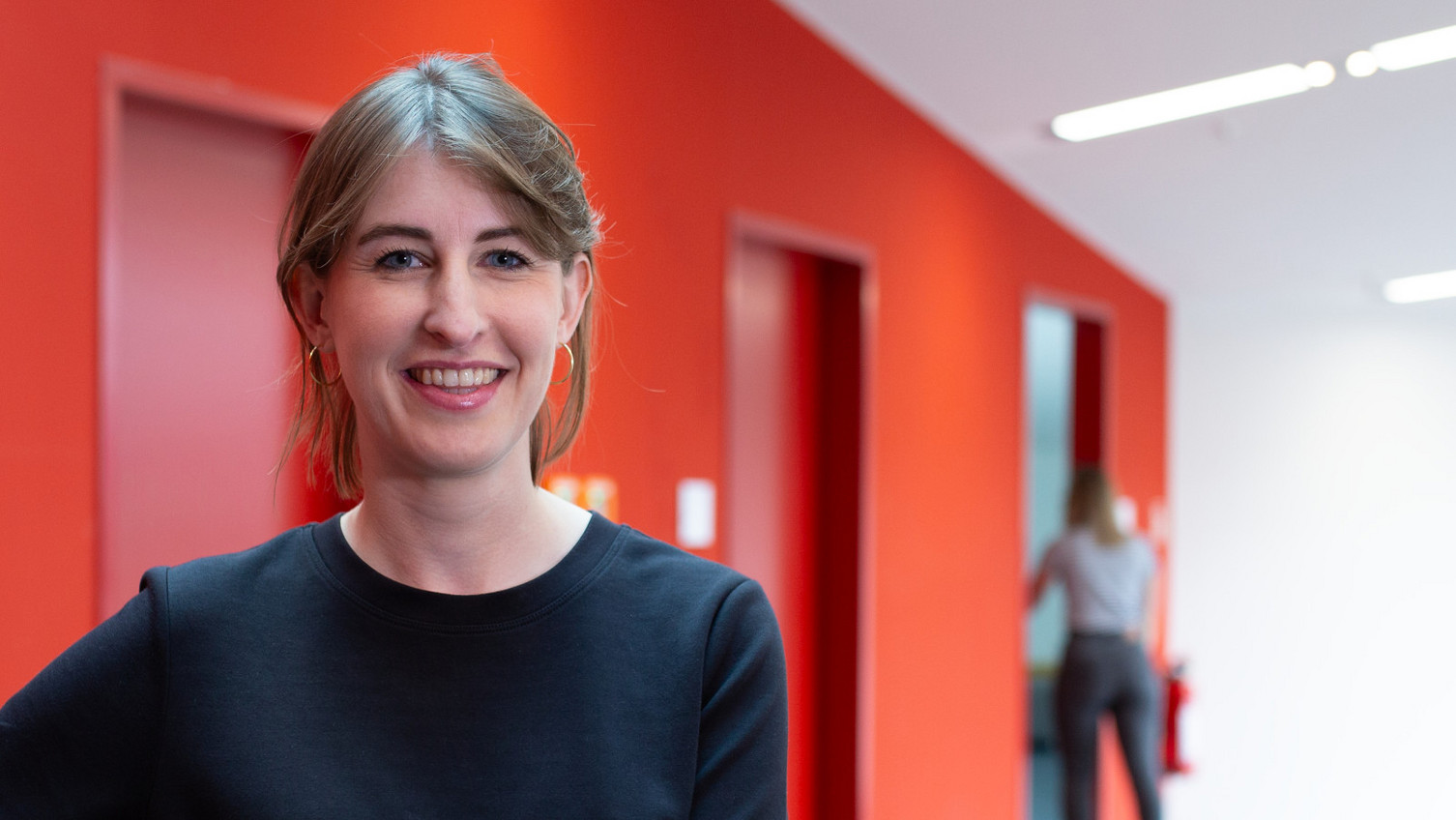 ©Leuphana / Tengo Tabatadze
©Leuphana / Tengo Tabatadze
You recently finished your PhD, time for a look back. How did you get to Leuphana?
Coming to Leuphana was topic-driven: I completed my Master's degree in Sociology and Social Research and then worked at a non-university research institute on transnational families in the context of flight. The project ‘Integration through trust’, which focussed on refugee families and their access to early education services, immediately appealed to me. On the one hand, the thematic links to my previous work and, on the other, the combination of basic research, practical relevance, and transfer.
It was very helpful for me to write my doctorate in the interdisciplinary project and to find my place as a sociologist in socio-educational work and research contexts in the very appreciative and interdisciplinary doctoral programme.
Doing a doctorate requires stamina. What challenges did you face?
The start of the data collection of my research coincided with the first coronavirus lockdown. That was a shock at first and we had to be very flexible so that we could continue our research. I am very glad that we quickly tried new ways at the university and continued the doctoral courses and the doctoral research group in online mode. That meant important support in getting through this challenging time.
The Leuphana mentoring programme was also very important for me. I got to know many women* doing their doctorates from other disciplines and benefited greatly from the exchange - also in relation to my greatest personal challenge: I had my daughter during my doctorate. Doing a doctorate with a child presented me with completely different questions, e.g. with regard to my time and resource management. Unfortunately, it is often not easy to reconcile parenthood with qualification projects, especially in academia. I had really positive experiences here and received a lot of support from my first supervisor, the doctoral research group, and my colleagues.
You have submitted a cumulative dissertation, what is special about this approach?
A cumulative dissertation, in which several thematically related scientific articles are developed, requires a high degree of organisation, as you parallelly do research, writing and management of the publication process. It can take a long time for the articles to be published in scientific journals. At the same time, early publication increases the visibility of your research. I was able to gain a lot of experience during my doctorate, e.g. in relation to peer review processes and collaborative writing processes, which is very helpful for me now. Gladly, I didn't have to manage all of this alone, but received support on ‘academic writing’ in the doctoral programme and the continuous feedback from my doctoral supervisors and colleagues. At the same time, I had enough freedom to find my own path and style.
Congratulations on your PhD. What's next for you?
Thank you! First of all, I take a deep breath. And, what I've learnt at numerous scientific conferences: you don't have to have an answer to every question straight away, you can also think out loud sometimes. In a figurative sense, this also applies to my current phase. I am currently sharing a position as a research assistant in tandem with a colleague. At the same time, I'm starting to develop ideas for further research proposals by exchanging thoughts a lot and attending conferences. I'm also doing further training to become a systemic counsellor so that I can open up other fields of work if necessary.
Lloyd Kwambana
12th September 2024 Funded by a Scholarship of the Katholischer Akademischer Ausländer-Dienst Lloyd Kwambana recently picked up his doctoral courses at leuphana. Read about his research interest and his experience on enrolling at Leuphana.
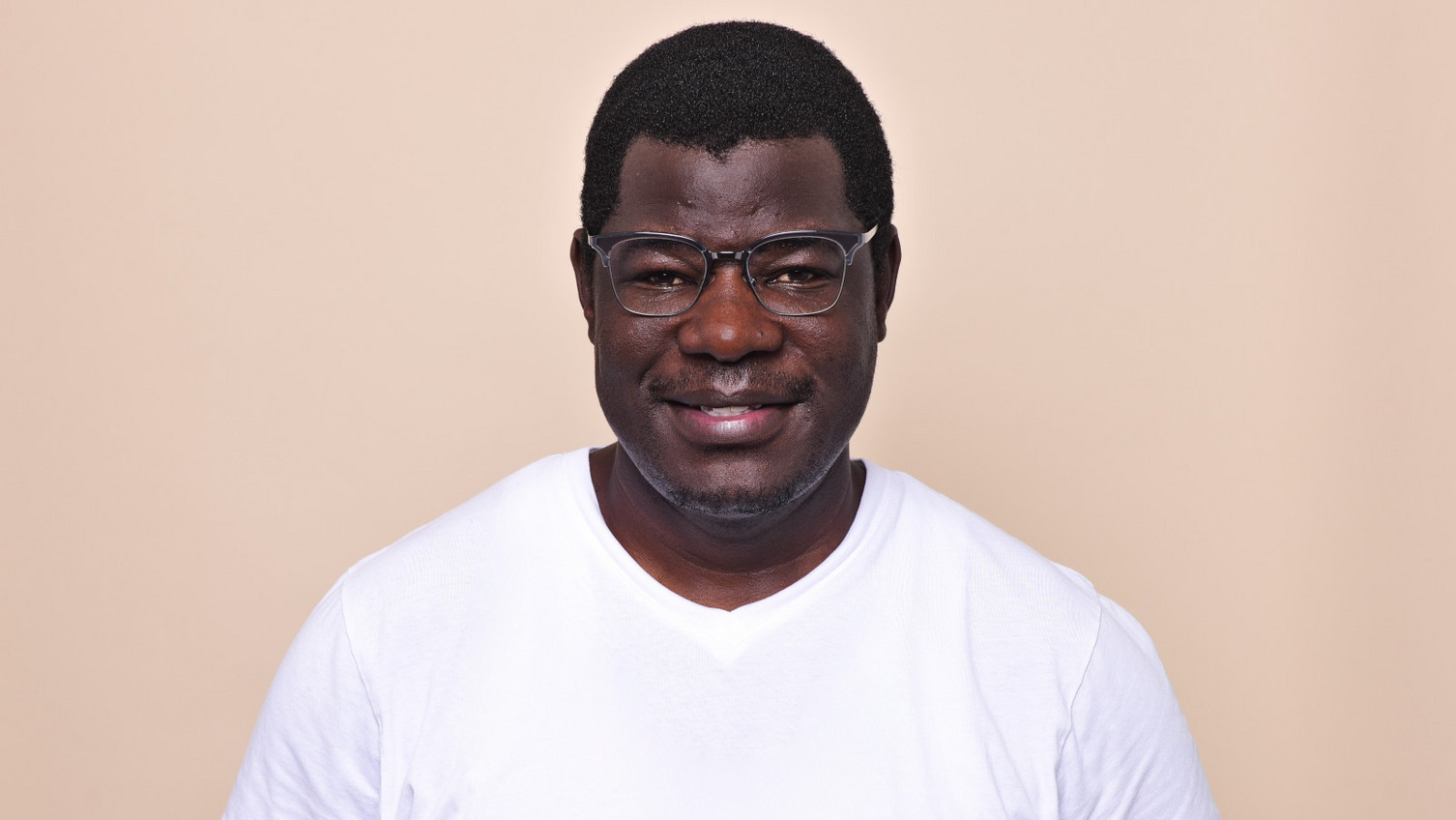 ©Studioline
©Studioline
What is your research project about?
I analyse programs critical for the realisation and respect of children’s rights protecting them from abuse, exploitation, and violence. I had already worked on that topic in my master’s thesis which focused on the inclusion of children in the policy formulation process that determine their growth and development. The voice of a child is critical when developing policies that concern their welfare. Participation of children promotes sustainability and effectiveness of interventions that facilitate a safe space for children.
My research is also shaped through my personal experience. Losing both my parents and growing up under my grandmother’s care shaped my interests and passion to advocate for support for orphans and vulnerable children.
Your Master’s thesis won the “Child Protection and Gender Trophy Award” at Women’s University of Africa. Then, you received a PhD scholarship through the KAAD. Why did you choose to apply at Leuphana University?
I chose Leuphana because of its reputation and critical relevance to my PhD study. I conducted a university mapping analysis and noticed that Leuphana University was the institution that would make me realise my career goals. Leuphana’s commitment, values and integrity were at the core of my consideration.
Within the doctoral research group “Social Pedagogy in Diverse Societies” I found the mentors I was looking for, thus I shared my application package with Prof. Dr. Lars Alberth. Although I am just getting started at Leuphana, I already received detailed feedback. Particularly, I appreciate the supervision agreement, which lays out a solid path for my research. The professionalism and supportive energy from Leuphana makes me enjoy my study and learn at the same time.
What is your experience as an international graduate applying at Leuphana, what advice can you give to others?
It helps to take your time to analyse which research group suits your interests best. After identifying my potential supervisor, I put a lot of work in my application package which included my research proposal, a motivational letter and information on my personal background.
After my application, I received support to plan my doctoral journey in a way which l believe every PhD candidate wishes for. Therefore, l give my informed advice to other candidates or applicants to consider Leuphana University as an academic hall-mark towards realising their academic goals.
What do you hope to achieve with your research ?
I hope to achieve the realisation of programs and interventions that protect and safeguard children from any form of abuse, violence, and exploitation. This includes participation of children in policy making processes concerning their welfare, developing a Child Protection Framework and implementing it. In the future, l see myself actively participating and contributing to programs around the welfare of children, participating in my doctoral research group and mobilising resources towards sustainable support for the growth and development of children.


